Buy stocks for the long term, but buy very carefully
After the wild ride of the last couple of weeks, equities are no longer expensive. But if you do decide to buy, be very, very careful indeed, says Merryn somerset Webb.

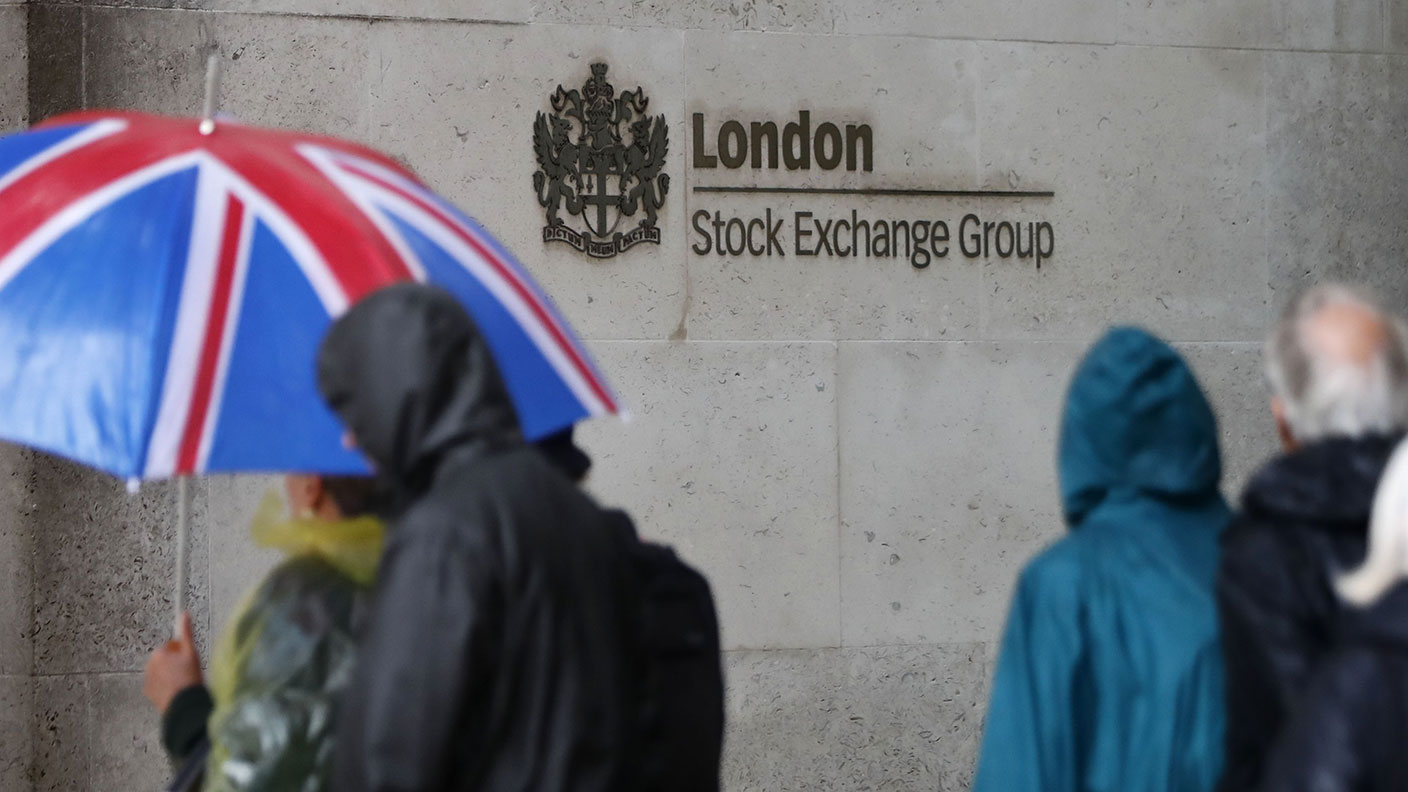
Get the latest financial news, insights and expert analysis from our award-winning MoneyWeek team, to help you understand what really matters when it comes to your finances.
You are now subscribed
Your newsletter sign-up was successful
Want to add more newsletters?

Twice daily
MoneyWeek
Get the latest financial news, insights and expert analysis from our award-winning MoneyWeek team, to help you understand what really matters when it comes to your finances.

Four times a week
Look After My Bills
Sign up to our free money-saving newsletter, filled with the latest news and expert advice to help you find the best tips and deals for managing your bills. Start saving today!
Everyone in the global financial market wants the same thing. They want to find a bit of data they can absolutely believe to be accurate and they want to use it to cut the risk levels embedded in their portfolio.
Too bad. They can’t have accuracy on anything and there are no low risk assets to buy. That everyone knows both these things explain the hysterical swings in indices last week. By Friday, nine trading days in March had made it on to analyst lists at Bianco Research as the biggest one-day gains and losses since the Second World War. No other month comes close.
All is not lost, however. It is possible that we are near – or have even passed – the peak uncertainty bit of this crisis.
MoneyWeek
Subscribe to MoneyWeek today and get your first six magazine issues absolutely FREE

Sign up to Money Morning
Don't miss the latest investment and personal finances news, market analysis, plus money-saving tips with our free twice-daily newsletter
Don't miss the latest investment and personal finances news, market analysis, plus money-saving tips with our free twice-daily newsletter
We know for example that Covid-19 cases probably peaked in China in early February, and now look to be peaking in Italy. We also know that China is recovering fast: according to Macquarie, an Australian investment bank, coal consumption is at 95% of the normal level for this time of year, traffic congestion is normalising and car sales are even rising again (slightly). The consensus appears to be that China is 85% back to normal.
We also have a sense of just how bad things were at their worst in China: industrial profits fell by 38% in February. So we have a rough – very rough – guide as to what might happen elsewhere, leaving aside second round infections: a month of complete lockdown, followed by a few slightly easier months and, barring any new horrors, a return to a new kind of normal by early June.
Governments and central banks are throwing money at the problem
We know one other important thing too: governments and central banks are prepared to blow more than just the doors off our current monetary and fiscal systems to get their economies to the other side (30% of the world’s population is in some form of lockdown).
They are prepared to blur the line completely between monetary and fiscal policy, with unlimited money creation and spending, to try and replace the parts of the economy they have shut down. The new package from the US comes in at nearly $2trn, which is a genuinely stunning 9.5% of gross domestic product – or what GDP once was. Total global fiscal stimulus now comes to about 3% of global GDP.
You might not like all of this. You might note that no amount of cash can make restaurant bookings rise from zero when the collapse in growth is due to physical restraint. And you might be terrified of the post-virus consequences of what amounts to helicopter money, as there will be no option but to monetise government debt from here on. But it does at least provide a clarity, of sorts.
Passing peak uncertainty is not the same at achieving certainty. But some forecasts are coming back into the market. US earnings are expected to fall by up to 60% over the next couple of years, rather than rise this year by 10% or so, as was expected in January. And the GDP of most economies is expected to fall by something like 35% during the periods they are locked down: this, at least, is what Capital Economics suggests.
There are solid reasons to start buying again
What about equity markets? We have some sense now of where we are going. We also know that markets tend to turn three months or so before economies do. So should we assume that this has been the fastest bull-to-bear-to-bull turn in history, where some of the worst short-term fundamentals ever have been overwhelmed by the greatest stimulus package in history?
In-out-and-in-again in just a month would be too brave a call. If this crash works like most crashes, there is every chance that we will test the lows again. Just ask any technical analyst! But there are definitely reasons to start buying.
The first thing to note is that even after the bounces of the last week, equities are no longer expensive. So-called Shiller price/earnings ratios, one of the better indicators of long-term value, show that equities, particularly outside the US, are at 20-year lows at least.
It’s also worth noting, as Pictet’s Luca Paolini points out, that while you might think you have just lived through one of the greatest bull markets ever, if on Wednesday you had looked at the last ten years only, some 90% of global markets were showing negative returns.
No real alternative to stocks
It’s also hard to see the alternative to stocks. The bond market is hardly a long-term safe haven. Cash isn’t either: in the short term, too many dominoes are falling in too many places to be sure of the financial system. In a world of limited crisis hitting unlimited stimulus, inflation is also a worry.
So buy for the long term, but buy carefully. There is a good argument that in a time of unbounded quantitative easing, it doesn’t matter what you buy. All equities, all assets even, will move in tandem. But why take the risk? In most bear markets everything goes down. But not everything comes up again.
So buy the things that probably will. Market leaders with little or no debt, experienced management, operating in sectors that offer some relief during lockdowns. And think about the Fangs: Facebook, Amazon, Netflix and Google. The giant tech stocks that led the US bull market for the last decade had become so stupidly expensive that many thought they would also trigger its end. Instead they are the companies providing the few services we now really need. You can’t put a price on that.
• This article was first published in the Financial Times
Get the latest financial news, insights and expert analysis from our award-winning MoneyWeek team, to help you understand what really matters when it comes to your finances.

-
 The downfall of Peter Mandelson
The downfall of Peter MandelsonPeter Mandelson is used to penning resignation statements, but his latest might well be his last. He might even face time in prison.
-
 Default pension funds: what’s in your workplace pension?
Default pension funds: what’s in your workplace pension?Default pension funds will often not be the best option for young savers or experienced investors
-
 Is it different this time for Japanese stocks?
Is it different this time for Japanese stocks?Analysis Nikkei 225 Index has jumped 19.8% this year, and there are signs the rally could continue.
-
 As China reopens, why pick an income strategy?
As China reopens, why pick an income strategy?Advertisement Feature Yoojeong Oh, Investment Manager, abrdn Asian Income Fund Limited
-
 Is Japan the best market to invest in now?
Is Japan the best market to invest in now?Opinion Japan puts Western economies to shame and offers good value for both equity and bond investors, says Max King.
-
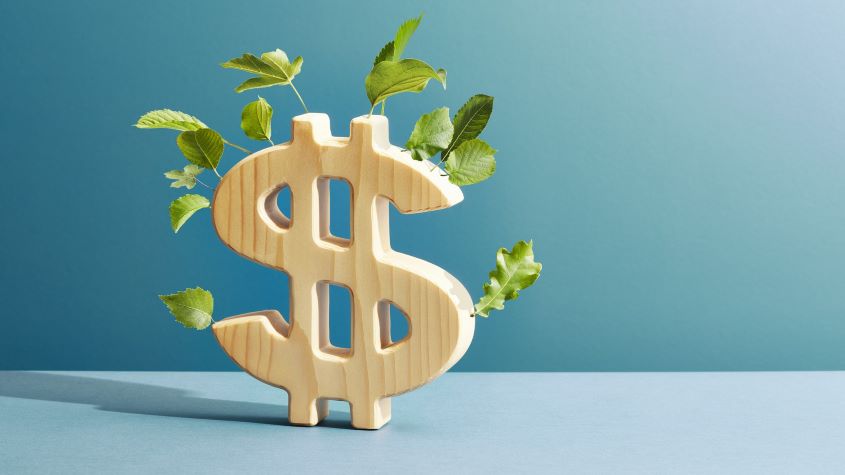 The highest yielding S&P 500 Dividend Aristocrats
The highest yielding S&P 500 Dividend AristocratsTips Dividends are a key component of investment returns in the long-term. A portfolio of dividend aristocrats is a great way to build wealth and a sustainable income stream.
-
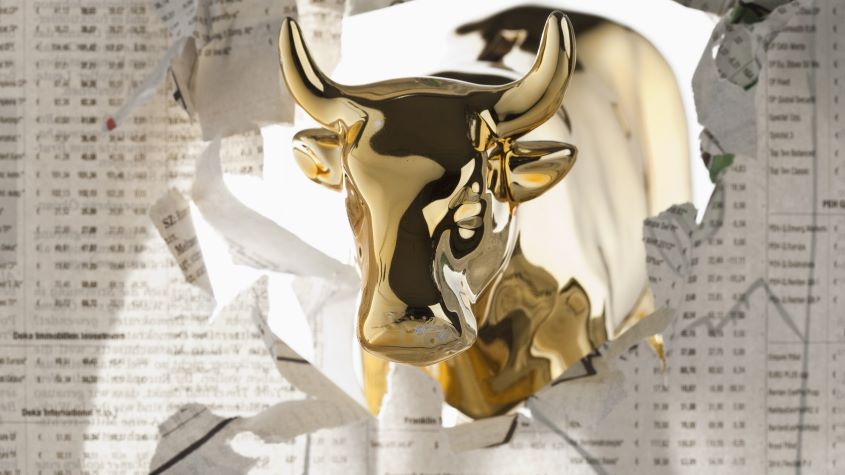 2023 will be a bumper year for stocks. Here’s how to play the rally
2023 will be a bumper year for stocks. Here’s how to play the rallyTips Dominic Frisby explains why he thinks the market rally could have further to run in 2023 despite macroeconomic headwinds
-
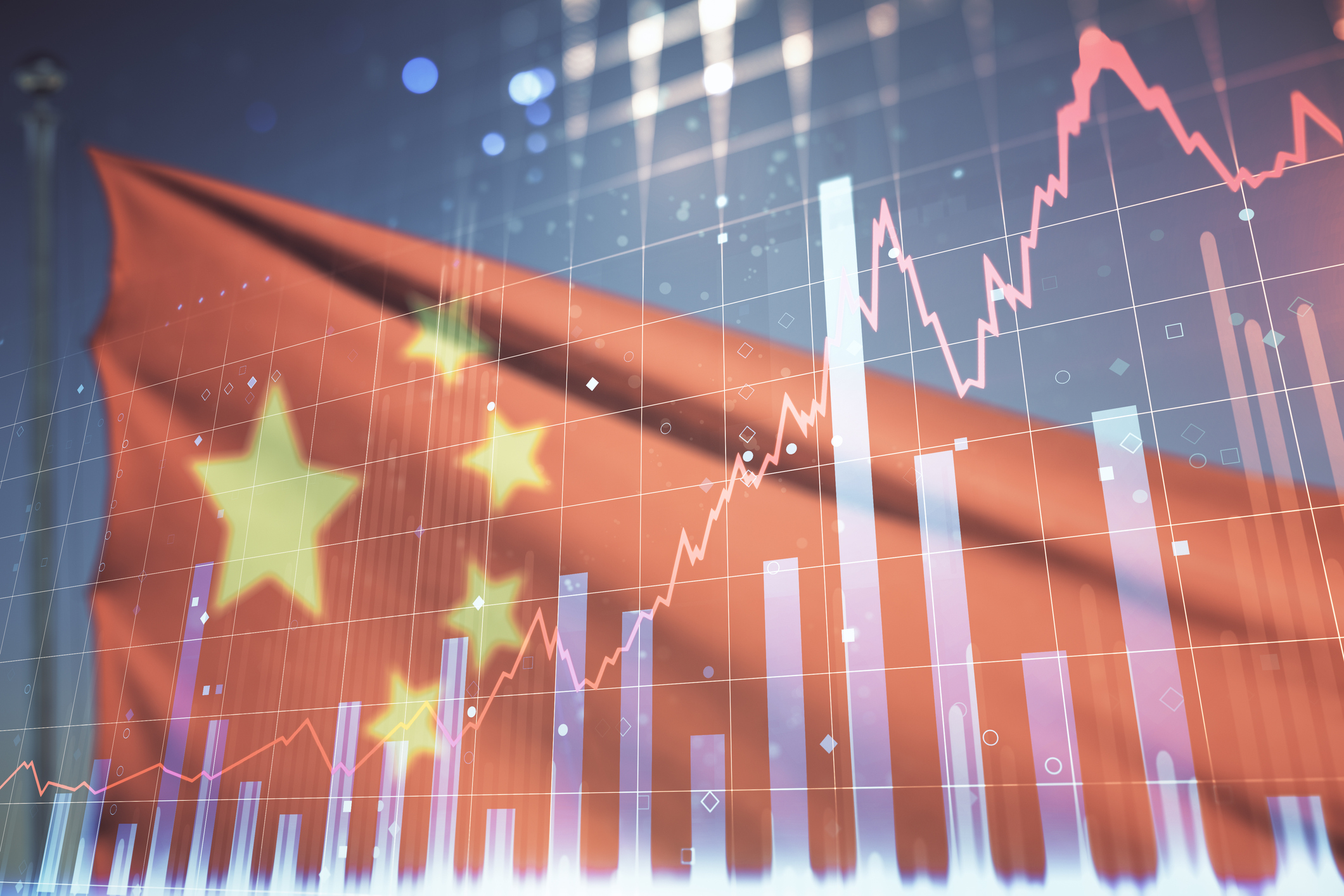 China’s post-covid investment boom off to a slow start. Should you still invest in China?
China’s post-covid investment boom off to a slow start. Should you still invest in China?Advice Investors are no longer bullish on the China shop but the gloomy consensus on Beijing’s economy might be unfair. Should you invest in China?
-
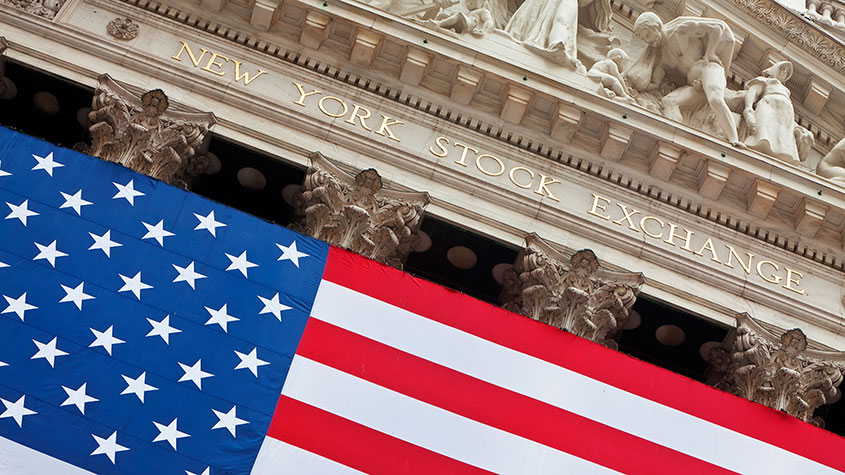 Stock market crash? This time it’s (slightly) different
Stock market crash? This time it’s (slightly) differentOpinion The bears expecting a stock market crash have got it wrong, says Max King.
-
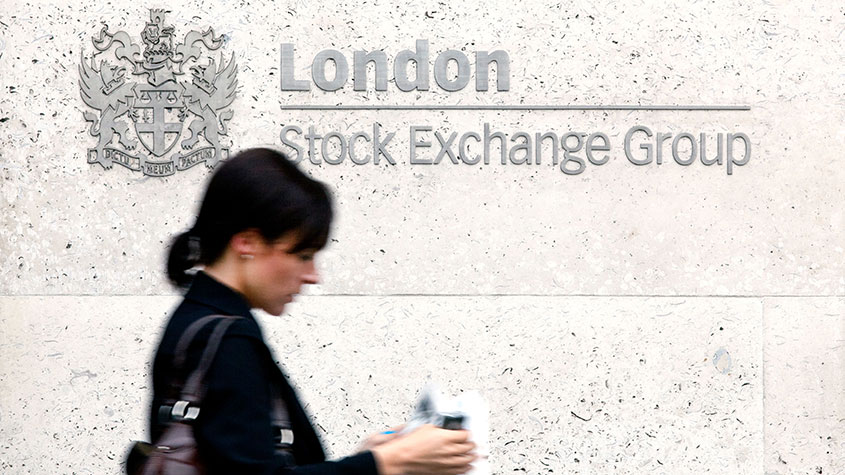 3 UK shares to buy yielding up to 17%
3 UK shares to buy yielding up to 17%Tips 3 UK shares top stocks to buy now, according to Alex Harvey of Momentum Global Investment Management.